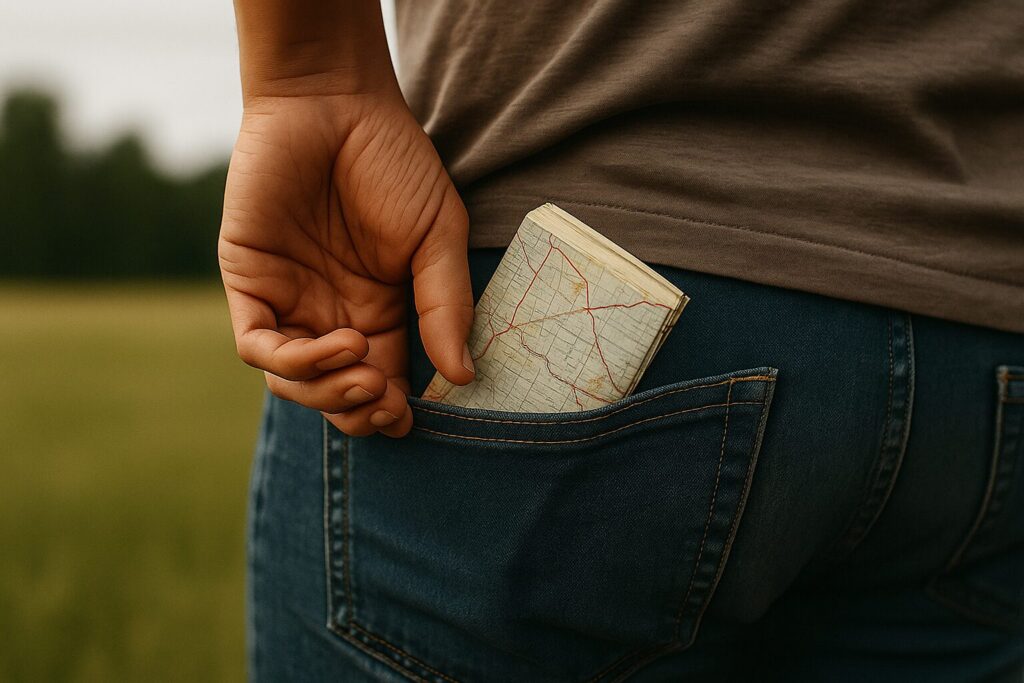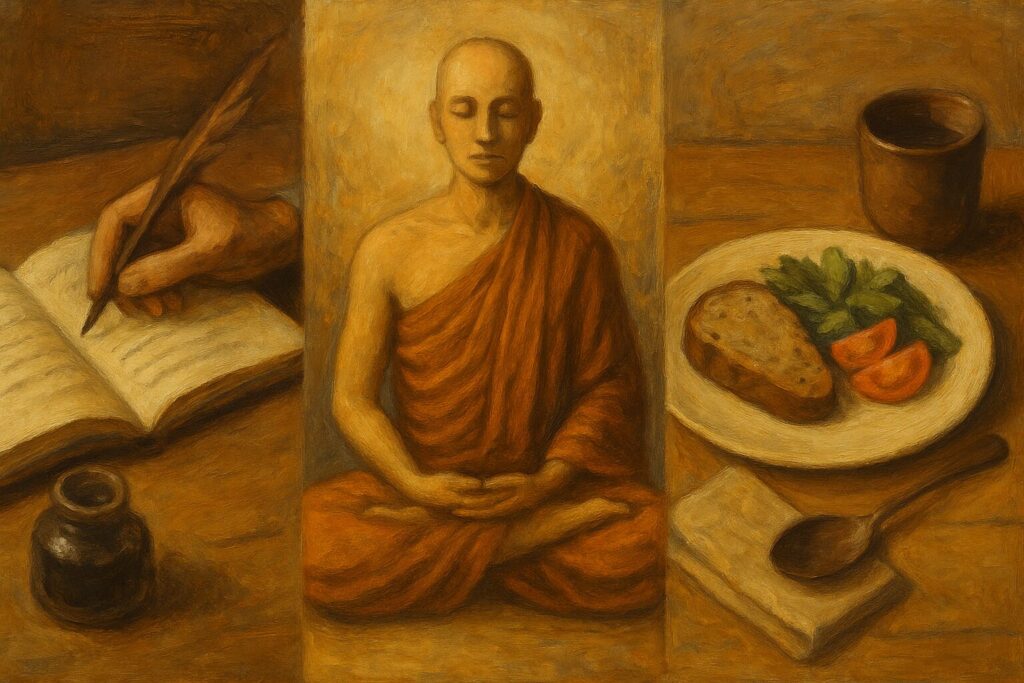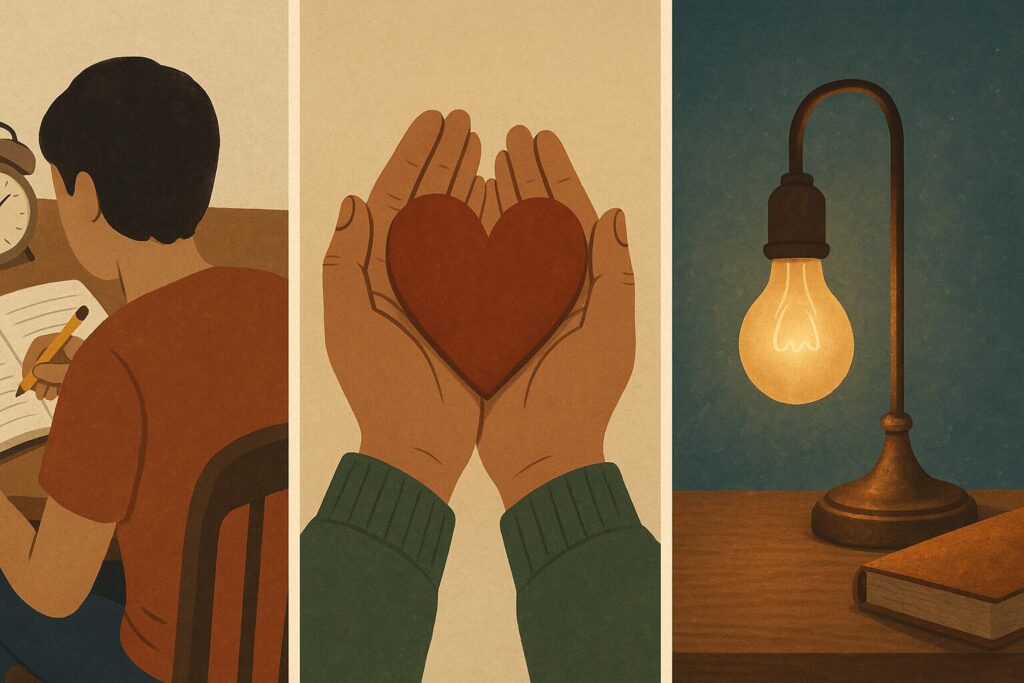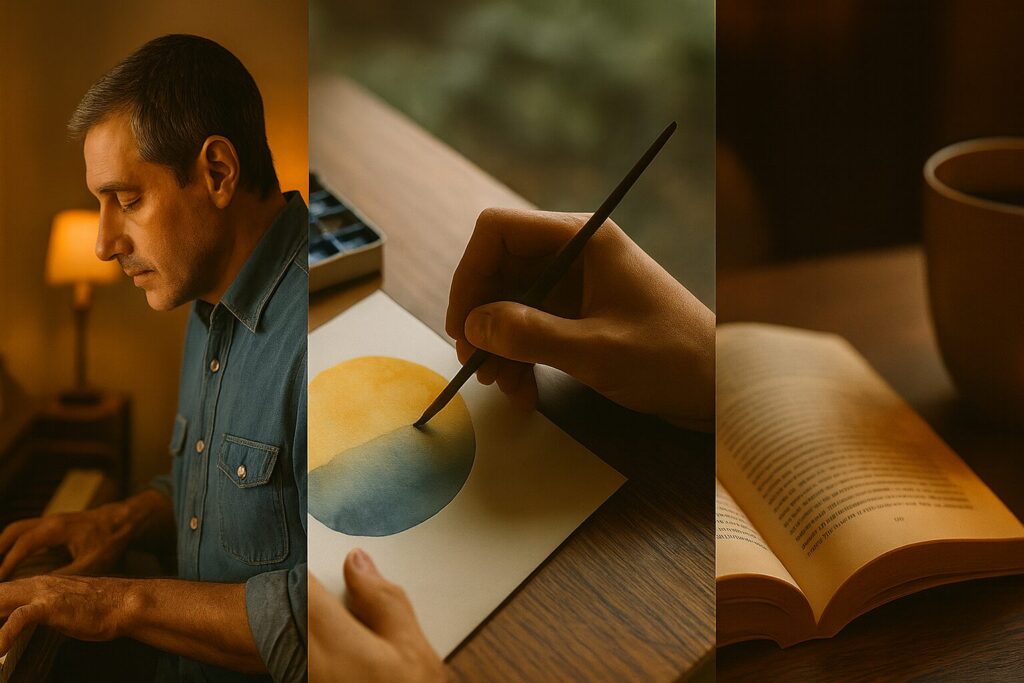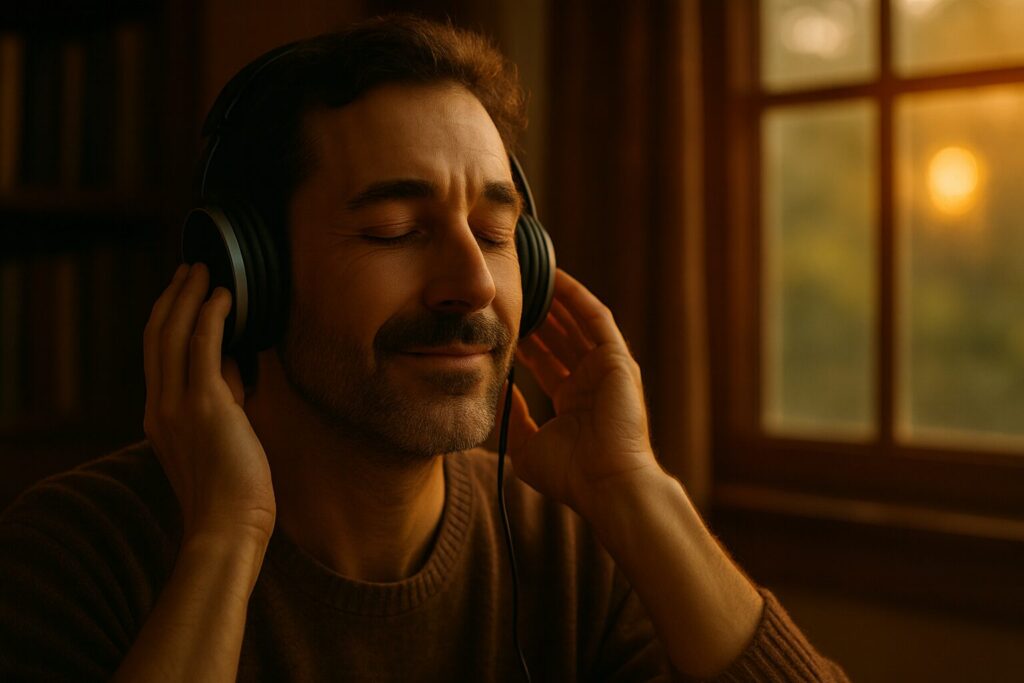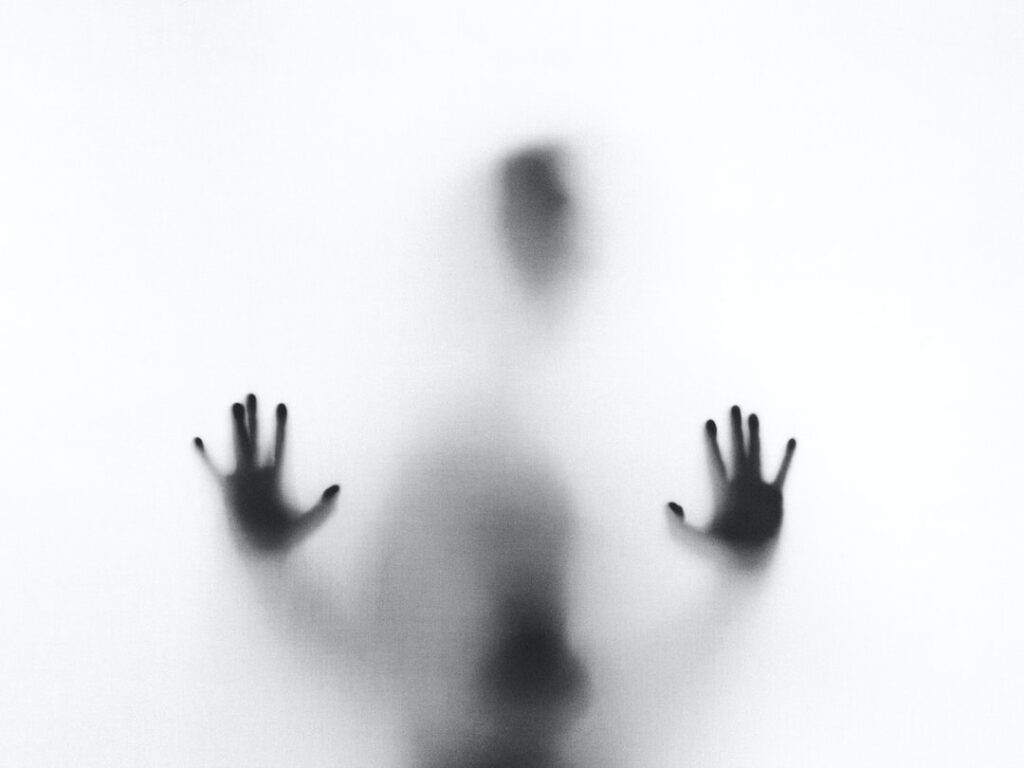Stress
Appreciation is not constant. No one can live permanently awestruck, permanently grateful, permanently at peace. There are storms. There are losses. There are nights when life feels unbearable, mornings when nothing glitters, afternoons when even endurance feels impossible. But the beauty of perspective is that it does not need to be constant to matter. It only needs to be returned to.
The Quiet Rebel
Not every act of independence makes the news. Most of them happen quietly, in kitchens, classrooms, offices, and breakrooms. They don’t topple governments or change laws. But they change lives — because they keep one person from surrendering their story and their dignity. This is the story of a quiet rebel. Not a revolutionary, but someone who dared to trust their own compass when conformity beckoned.
The Balance of Sanity and Wonder
Life demands two great skills. The first is to remain sane in the face of hardship. The second is to remain awake to wonder in the midst of ordinary days. One without the other is incomplete. Sanity without wonder becomes survival — a gray endurance stripped of joy. Wonder without sanity becomes naïveté — a fragile bliss easily shattered.
Sanity and Appreciation
Life is not easy. Even the most fortunate among us face storms of stress, fatigue, grief, and uncertainty. To live well is not to dodge hardship, but to remain sane enough within it to keep seeing the gift of existence.
Perspective: There When You Need It
There’s a kind of comfort in knowing that even when joy is absent, the path back to it exists. We don’t always need to feel gratitude in order to be steadied by it. Sometimes it is enough to know that gratitude can be returned to — that it sits in our back pocket, folded and ready, waiting for when we are able to reach for it.
The Golden Ticket Perspective
Congratulations. If you’re reading this, you’ve already won. You’ve won the golden ticket to the greatest prize on Earth: human life. Unlike all the stardust, comets, and clumps of rock drifting through the cosmos, you get to live. You get to taste, to feel, to think, to wonder.
Invulnerability and Its Consequences
We live in a culture that worships strength. We admire the person who never flinches, never cries, never admits weakness. And when we’re hurting, we may envy them. If only I could be like that, we think. Untouched. Invulnerable. But invulnerability comes at a cost. When we build walls against pain, we build them against joy too. When we numb our capacity for hurt, we also numb our capacity for meaning.
Three Ancient Practices for Sanity
When life feels overwhelming, we often turn to the latest trends for relief — new apps, new hacks, new therapies. Yet across centuries and cultures, people have always faced the same question: How do we stay sane enough to love life?
3 Types of Everyday Courage
We wait for courage to feel like fireworks. Most days it’s closer to a steady pilot light—quiet, persistent, ready to ignite what matters. Beginning badly keeps it lit. Speaking true and kind feeds it oxygen. Guarding the flame gives it fuel.
Sparks of Life
Travel opens us. Art awakens us. Companionship deepens us. Each is small enough to weave into everyday life. Together, they remind us that living fully and savoring deeply are not distant goals but daily practices.
You’ve Already Won
Most of us think of winning the lottery as a once-in-a-lifetime event. The odds of striking it rich with Powerball are 1 in 292 million. A long shot, to say the least. But you’ve already won the only lottery that really matters: the chance to be alive at all.
Count Each Day as Gain
The Roman poet Horace knew something we often forget: life isn’t guaranteed. Not tomorrow, not even the next hour. Every day that arrives is a gift. We do our best to steward and prolong that gift, but each day is still a privilege, and we should do our best to appreciate it as such.
Admitting Hatred of Life
There are things we’re told not to say out loud. At the top of the list: “I hate my life.” It sounds ungrateful. It sounds melodramatic. But honesty matters more than appearances. Sometimes the bravest thing you can do for yourself is to admit the truth of the moment: Right now, I hate my life.
A Meditation on Rest
Rest is not absence. It’s presence of another kind. The slowing of the drum so the melody can be heard. The white space around the brushstroke that lets the painting breathe. The silence between notes that turns noise into music.
Gratitude as Mental Maintenance
Life isn’t always smooth. Stress builds, anxiety spikes, and despair can creep in. But gratitude for simply being alive acts like maintenance for the soul. It’s coolant in the overheated engine of existence. It steadies us when the road feels rough.
When Gratitude Isn’t Enough
Gratitude is powerful. But it is not always enough. It cannot erase grief, nor should it try. True strength is knowing when to grieve and when to give thanks. True perspective is allowing both to matter.
Soul Therapy
Life wears us thin. Worries fray us, routines numb us, losses bruise us. Left alone with only pressure and demand, we shatter. But we are not left alone. Human beings, from the dawn of history, have discovered a thousand ways to restore ourselves — ways of tending our soul.
Aesthetic Experience Triad
There are moments when life feels electric. A song swells, a sunset flares, a child laughs — and suddenly you feel it: the tingle of meaning. It’s not just pleasure. It’s not even quite happiness. It’s the sense that life, in this moment, is precious.
Honesty Over Airbrushing
Life is not airbrushed. It is jagged and uneven, full of moments that hurt so much they shatter our composure. To deny this reality isn’t strength. It’s alienation from our own humanity.
Soul Therapy: Technology On and Off
Technology is everywhere. It fills our pockets, our desks, our homes. Often it overwhelms us, leaving us jittery and distracted. Yet in the right measure, it can also heal. It can connect, soothe, and restore.
Soul Therapy: Music as Medicine
There are few things more universal to the human story than music. Long before writing, long before the wheel, there were drums around a fire, voices lifting together in chant, rhythm echoing heartbeat. Music is older than history, yet it remains one of the most reliable medicines for the soul.
The Dignity of Sorrow
The same heart that swells with joy will eventually ache with grief. We can’t separate the two. To love is to open ourselves to loss, whether through distance, misunderstanding, or death itself. At first glance, sorrow seems like an intruder — an unwanted thief of joy. But in truth, sorrow is not a violation of life’s gift. It is part of what makes the gift so precious. If love gives us warmth, sorrow, at times, gives it depth.
The Courage of Sentiment
In our culture, sentiment often gets dismissed. We praise toughness, stoicism, control. We admire the person who “never lets emotions get in the way,” the leader who never cries, the friend who always keeps their composure. Vulnerability is framed as fragility. Sentiment is mocked as softness. But here’s the truth: sentiment is courage. It is not weakness to feel deeply. It is strength — because it takes far more bravery to care than to wall yourself off.
The Recuperation Station
We don’t live life on a straight, endless highway. We live it more like a long, winding trek — hills, valleys, storms, clearings. And no trek can be endured without stopping points along the way. That’s what a recuperation station is: a deliberate place or practice of renewal. It’s where we catch our breath, regain strength, and remind ourselves of why we’re moving forward at all.
The Gift of Solitude
Modern life is allergic to silence. We fill every pause with screens, every walk with earbuds, every quiet moment with chatter. Alone time can feel threatening, as if stillness means emptiness. But solitude is not loneliness. Loneliness is the ache of absence; solitude is the gift of presence — presence with ourselves. When embraced, it becomes a fertile space for reflection, creativity, and restoration.
Invulnerability and Its Costs
On the surface, invulnerability sounds appealing. Who wouldn’t want to be untouchable by pain, safe from sorrow, immune to loss? If we could build walls high enough, armor thick enough, maybe we could glide through life without being hurt. But the dream of invulnerability carries hidden costs. Walls don’t just keep out pain. They also keep out joy.
The Courage to Be Human
We live under constant pressure to appear polished: flawless resumes, curated photos, carefully edited stories. The message is subtle but relentless: Don’t let them see the cracks. But the cracks are part of being human. To live authentically requires courage not to disguise them all. Courage, in this sense, is not only about heroism on battlefields or podiums. It’s about the daily bravery of letting ourselves be fully human — imperfect, vulnerable, unfinished.
The Progress Trap
I love making progress, but sometimes I get too caught up in it.Progress helps me achieve a sense of traction in life, giving me a daily trickle of both saline and champagne. When I make progress, I feel empowered, fulfilled and secure because I feel like I’m perpetually ratcheting up.Sometimes, though, my fixation on progress becomes unhealthy, almost like a drug addiction.
Managing Expectations
Expectation primes us to be disappointed if things don’t work out exactly as planned. In reality, life rarely goes exactly as planned (especially when others are involved), and progress is often necessarily slow and uncertain.Furthermore, expectations make us pre-live what we think our experiences should be to the point of leaving us emotionally fatigued, bored and disappointed by the time the results of our goals become real.




